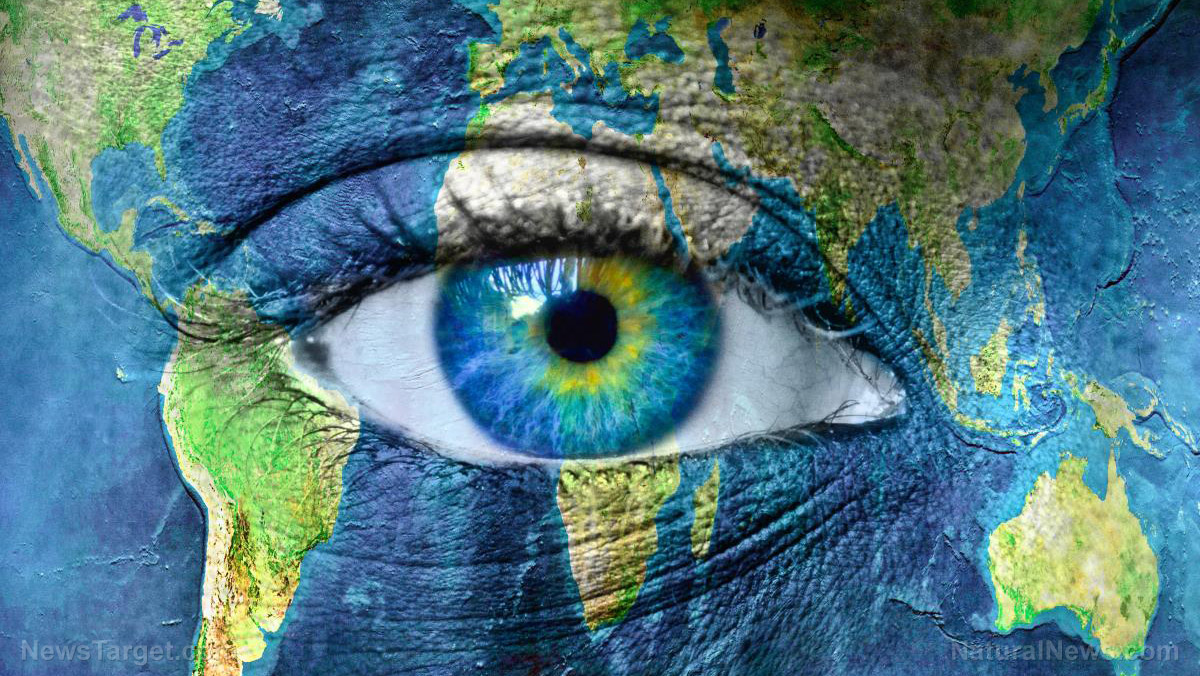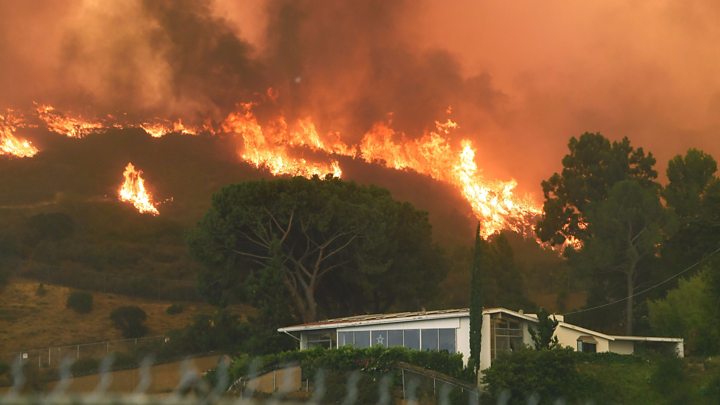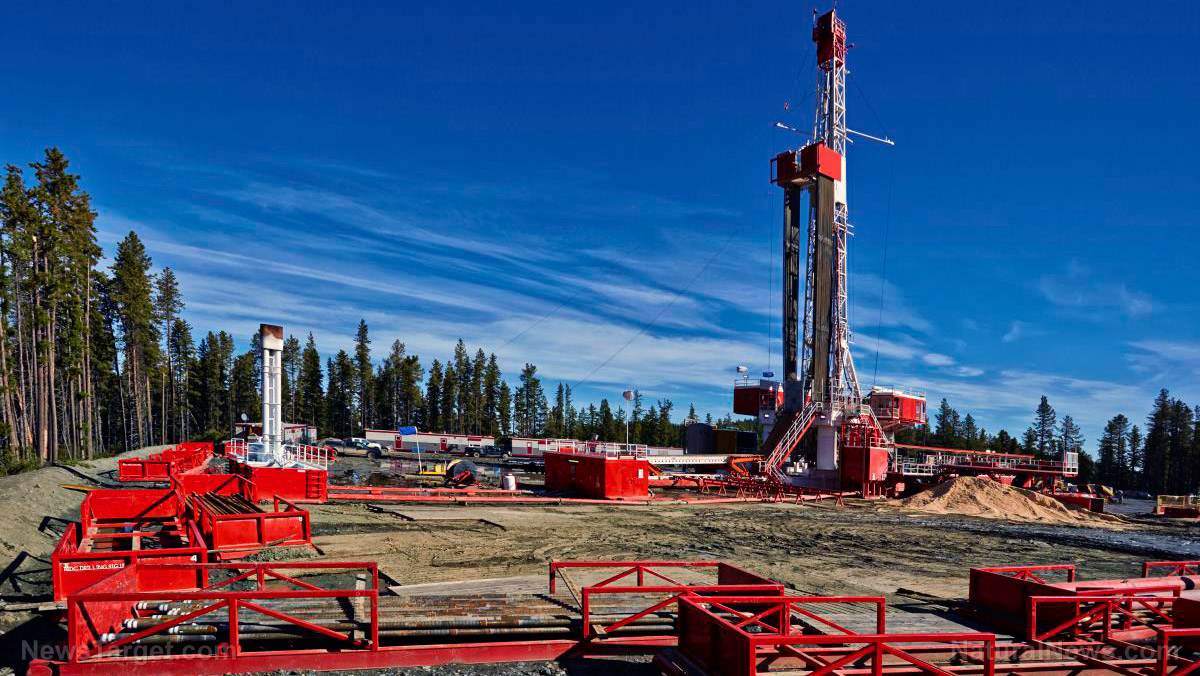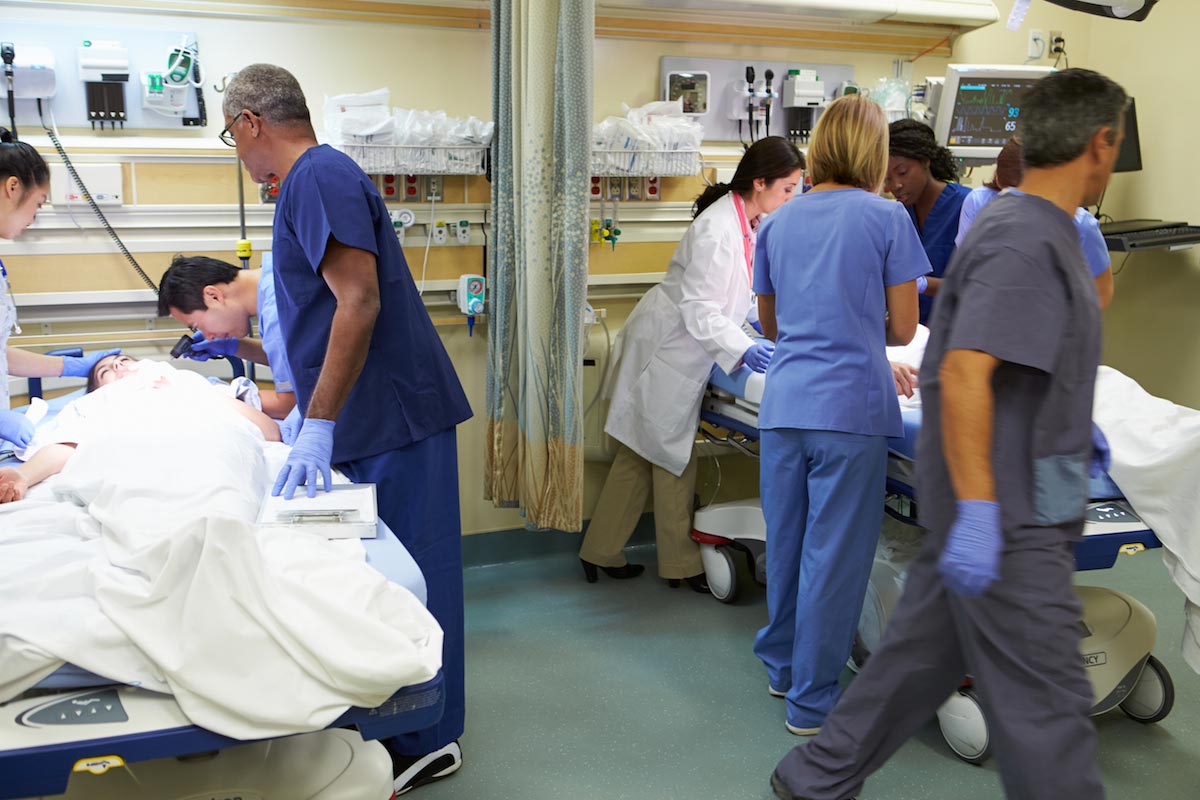What is normalcy bias and how does it affect your survival rate when SHTF?
10/12/2019 / By Darnel Fernandez

The world is a dangerous place and disaster can strike at any given moment. From earthquakes, runaway trucks, to even random trigger-happy strangers, bad things will happen and you need to be prepared for it. Unfortunately, a lot of people aren’t prepared for the worst because most operate with the mindset that everything is going to be alright. (h/t to OffGridSurvival.com)
This is called normalcy bias, which is “the phenomenon of disbelieving one’s situation when faced with grave and imminent danger and/or catastrophe.” A prime example of this would be the eruption of Mount Vesuvius in 79 A.D. Citizens of Pompeii paid little attention to the earthquakes that day because seismic activity was quite common in the area. Sadly, the people were unprepared for the massive eruption that followed.
Normalcy bias, while part of human nature, is dangerous in terms of dealing with a disaster. Being unprepared in an event “that shouldn’t happen here” could lead to loss of life and property.
Ignorance is bliss
The threat of natural disasters isn’t enough to cause people to go out of their way to prepare. A poll done by Healthcare Ready found that 54 percent of Americans are aware of the possibility of being affected by natural disasters, yet 51 percent do not have any emergency plan in place.
“More Americans expect that a major disaster will impact them or their family than in previous years, but we’ve not seen an increase in household emergency planning alongside this awareness,” said Nicolette Louissaint, Ph.D., executive director of Healthcare Ready. “For the fourth year in a row, this poll reveals a gap in preparedness at an individual level and emphasizes the need to improve readiness to ensure residents are prepared for the disasters that will inevitably come.”
Sponsored solution from the Health Ranger Store: Lab-verified Nascent Iodine solution is a dietary supplement that provides your body with supplemental iodine to help protect your thyroid during radiation exposure. Nuclear accidents such as Fukushima (or nuclear war) can expose your body to radioactive iodine-131, a dangerous radioisotope. Pre-loading your system with stable iodine occupies the iodine receptor sites on your organs, causing your body to naturally expel radioactive iodine you may have been exposed to through air, food, water or milk products. This defensive strategy is recommended by nearly all health authorities, worldwide, including the Nuclear Regulatory Commission. Discover more at this link.
The U.S. is host to a variety of weather events that occur almost on a yearly basis. There’s the infamous Tornado alley, as well as the threat of hurricanes in coastal regions. The Midwest is also quite prone to flooding. Technological advancements over the decades have allowed humans to predict when and where these natural disasters could happen, yet warning signs still fall on deaf ears. (Related: Ridding yourself of “normalcy bias”: Why we should take warning signs seriously.)
“As the harsh realities of disaster become clearer and more frequent than ever before, we must use these learnings to pinpoint the most pressing needs within our communities ahead of time. The data shows how little time most Americans have before they face a medical crisis. This critical time should be spent implementing effective response and recovery protocols that can address dire medical needs we will see during a crisis,” said Louissaint.
One of the biggest hurdles that people with normalcy bias may face is the fact that they are the ones caught unaware in the middle of a disaster. Rather than prepare for what’s coming, they would much rather think along the lines of “It won’t be that bad” or “Nothing will happen here.” But in reality, the only thing crossing their minds when SHTF is “How could this happen to me?”
Instead of evacuating ahead of time or preparing supplies for the upcoming disaster, they would rather point fingers and ask why nobody is helping them.
Normalcy bias is a true threat not only to your own safety, but of those around you as well. The more you dive deep into this mindset, the lesser chances you have of surviving. Always prepare for the worst and if you ever encounter someone with this mindset, try to do your best to talk them out of it and help them survive.
Sources include:
Tagged Under: awareness, bug out, chaos, disaster, evacuation, Flooding, Hurricanes, mental state, natural disasters, normalcy bias, panic, preparedness, prepper, prepping, SHTF, survival, survivalist, tornadoes
RECENT NEWS & ARTICLES
COPYRIGHT © 2017 COLLAPSE.NEWS
All content posted on this site is protected under Free Speech. Collapse.news is not responsible for content written by contributing authors. The information on this site is provided for educational and entertainment purposes only. It is not intended as a substitute for professional advice of any kind. Collapse.news assumes no responsibility for the use or misuse of this material. All trademarks, registered trademarks and service marks mentioned on this site are the property of their respective owners.



















